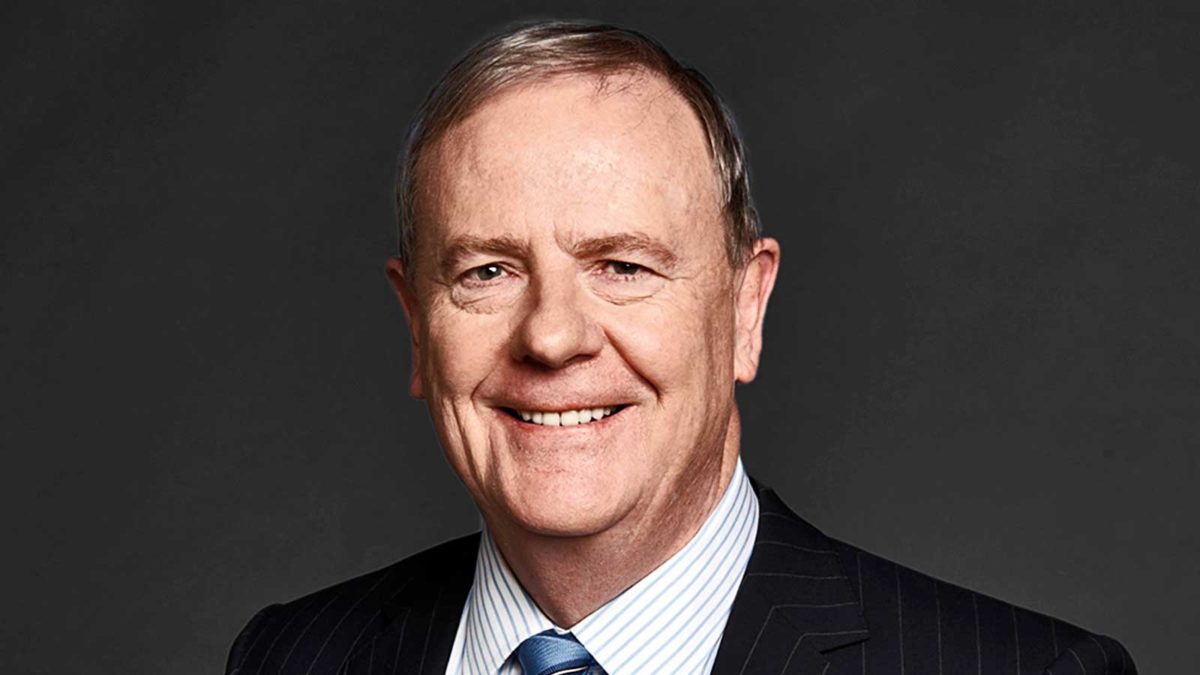Future Fund prepares for tough times ahead
The Future Fund’s unbroken run of robust returns is about to the face a tough new investment paradigm. A stronger bent to “skill-based investments” might help them weather the storm.
There’s a strong argument for the Future Fund being one of the wonders of the investing world. Seeded with $60 billion 13 years ago, it’s managed to nearly triple that without any further capital infusions. In 2021 it crossed $200 billion FUM for the first time, and marked a 19.1 per cent return against a target of 7.5 per cent. It’s been an exceptionally good run that might not be repeated for some time.
“Money will be significantly more expensive over the years to come, and asset prices will be affected,” Peter Costello, Future Fund chairman, told media on Tuesday (February 1). “Indeed, we’ve already seen an adjustment on stock exchanges around the world, as you would expect. You’ll see a lot of adjustment and a lot of recalibration as a result of rising interest rates and the ending of what were exceptionally easy monetary conditions.”
The Future Fund is now positioning for more challenging times, “working very hard to diversify the portfolio” by taking on less liquid and more “skill-based investments” – a shift that will mean more mandates for hedge fund and other alternatives managers, including in private equity, property and infrastructure. However, the Future Fund is still positioned for “close to” neutral risk, though it did very modestly reduce the risk in the portfolio in November 2021 in line with the belief that some asset prices had grown unjustifiably expensive.
“The biggest correction will come in the industries with the biggest multiples, and you’re seeing it already in the tech space,” Costello said. “Really good tech companies will still be good investments, but they’re not going to trade at the huge multiples we’ve seen, and other tech stocks that aren’t really good companies but which have been trading on huge multiples will have to deal with a new world. My belief is that materials and resources continue to be reasonable.”
The Future Fund has grown so concerned with the macro outlook that it published a position paper in late 2021 that warned that deglobalisation was impeding the free movement of investments and products across borders and that the forces that had previously brought inflation under control “have ebbed or are now in reverse.” The easy returns of the last decade or so “just won’t be there.”
“We think that we’ve moved into a new investment paradigm where we should expect somewhat higher inflation,” Raphael Arndt, the Future Fund’s chief executive officer, told the same briefing.
“We’re not saying “stagflation” necessarily, but for a lot of investors this is something new, depending on how old they are. It wouldn’t be a great time to start a business that invests in nominal bonds. They’re not going to be particularly defensive in most scenarios over the coming years.”
Costello also warned that the RBA’s position on interest rate rises – that there won’t be any before 2024 – “is not tenable”, and that Governor Philip Lowe needs to start preparing investors for the likelihood that rates will increase long before then, whether they come in the back end of 2022 or early next year (Lowe has now suggested that it will indeed be next year). Costello said that he would support an inquiry into the process the RBA follows for determining monetary policy – a process that was put in place when he was Treasurer – but that there was not necessarily any impetus to change it.
“It’s well worth having a look at the bank more generally too. We’ve got to make sure the bank is independent and that it can’t be influenced, but it’s also got to be accountable,” Costello said.
“There’s a lot of people who think that the independence of the Reserve Bank makes its word Holy Writ, that we never disagree with it or that it never makes mistakes. It’s independent – not infallible. And it’s got to be held accountable in modern society, just like all other institutions.”











